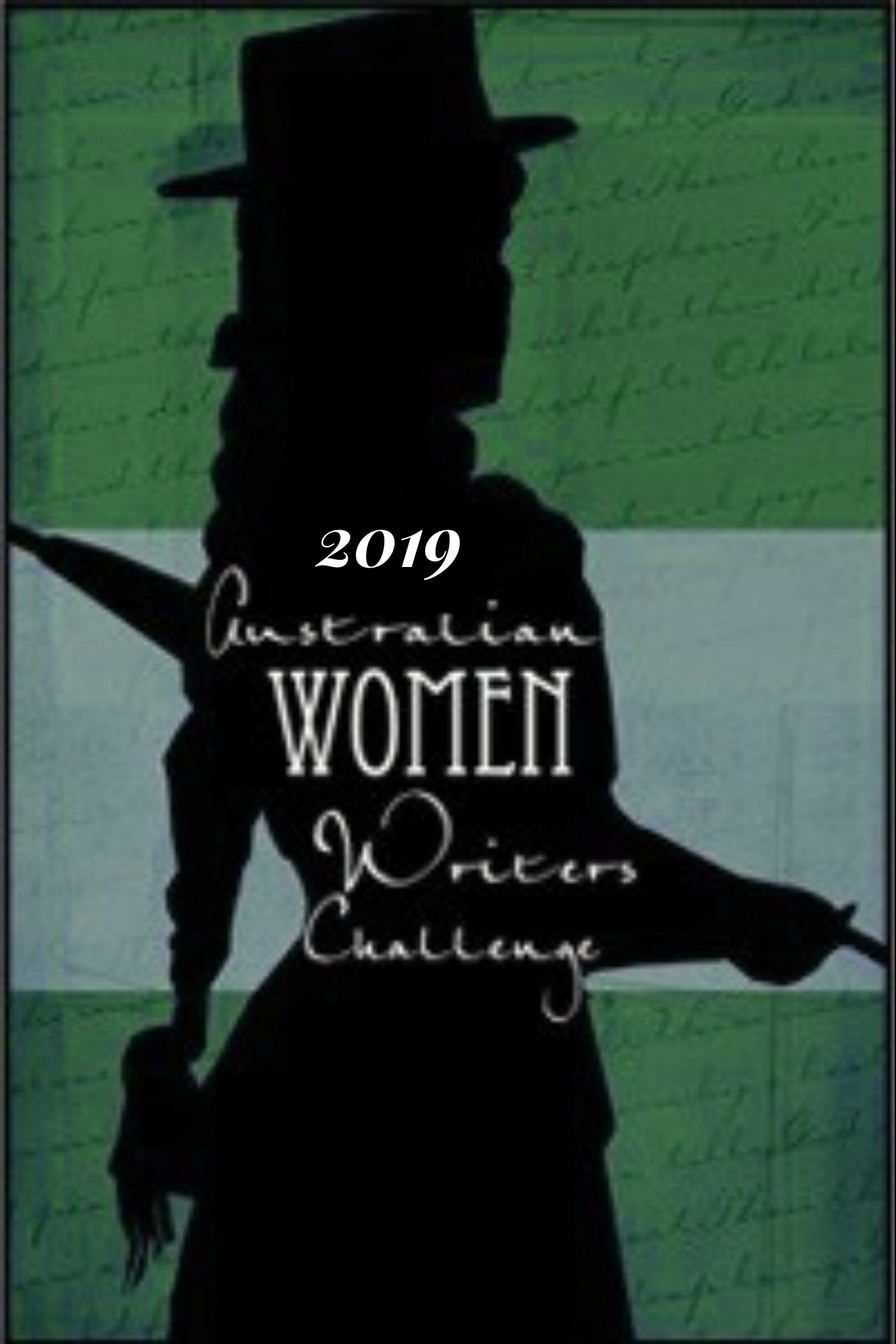Four reasons I chose not to self-publish
Posted: May 28, 2013 Filed under: On the Isla's Inheritance trilogy, On writing | Tags: Isla's Inheritance, self-publishing, small presses 15 CommentsA week ago I got asked the inevitable question. I imagine all debut authors get asked it these days: why not self-publish? Why subject yourself to the delays of traditional (even small press) publication? After all, my book isn’t scheduled for release for more than a year. Why wait, when I could have it out tomorrow if I wanted to, and start raking in all that cashey money?
So here are my reasons.
Please understand this is in no way meant to deride those who choose the self-publication path. If I had been as unsuccessful with the small presses as I’d been with the agents (I’m still too embarrassed to tell you guys how many rejections or ‘no response’s I got), I would have self-published Isla’s Inheritance. There are two reasons. I have faith in the story … and I wrote a sequel, which I also have faith in. No way was I going to let my first two books sit in a drawer!
But here are the reasons I didn’t decide to go directly there (do not pass Go, do not collect $200).
#1. To have someone else edit my work
I’m a professional editor. And I’ve edited the bejeezus out of Isla, in particular, because it’s my first book. I think I’m up to version eight, and that’s before Turquoise Morning Press have started on it. I’ll easily crack double digits on the number of versions before it finally hits the shelves. BUT! I’m not an editor of fiction, and I’m so close to these words right now I wouldn’t spot a hilarious typo or a misplaced modifier if it hit me in the face in a 16 point font.
I could have paid someone, or begged a colleague to do a proofread (although they aren’t editors of fiction either). By going with a small press I didn’t have to.
#2. To have someone else do all the other things you need to do yourself if you self-publish
I have a pretty awesome fake cover for my book, thanks to my friends. (Well, I think so.) But even if we assume TMP’s cover won’t be better—which it probably will be because I’m not a graphic designer—there’s still typesetting, publication, and promo work that needs doing.
I’m under no delusions. The bulk of promotion is going to be up to me, whether I’d self-published or traditionally published. Even the big publishing houses don’t do much for their authors these days. But every little bit of help helps; know what I’m saying?
I could have learned to do these things. If I’d had to, I would have. But I’d rather be writing.
#3. Amazon lives in the dark ages if you’re an international author
Amazon pays authors who use its publishing services (including its print-on-demand hard copy service) by direct deposit … unless you live in a country where they don’t have Amazon. So, for example, say I lived in Australia (oh wait, I do!) and wanted to self-publish using Amazon. They will pay me via international cheque (or ‘check’, for the Americans), in US dollars. If I’m not making much in royalties, the bank fees to convert the cheque and cash it could actually absorb the royalties! Sure, Amazon may pay royalties of up to 70% of eBook prices, but I wouldn’t see 70%.
By going with a small press, I have someone who will take the payments from Amazon (in instances where they are the vendor of my book) and turn them into something my bank won’t eat like the Cookie Monster.

My bank fees: an artist’s impression.
(Cookie Monster belongs to Sesame Street; I’m not trying to steal their copyright. Their cookies, maybe…)
#4. To pass through the gate
Agents and publishers are the traditional gatekeepers of fiction, which is a good thing and a bad thing.
A great thing about self-publishing is that there’s a way for people who’ve written something too challenging for a regular press to get their work out there. Unfortunately there is now also a way for people who are too impatient to bother even proofreading after the first draft to get their work out there too. And it’s difficult for your average shopper to be able to tell the difference (although avoiding dodgy covers and taking advantage of the “Look Inside” feature are great ways to start).
Having a press logo on your front cover or an imprint as part of your blurb tells the reader that someone other than the author has taken the time to make the book presentable. I wanted that—because readers have a lot of demands on their time and for their money, and anything I can do to help people decide they should give my work a go is a thing I personally feel is worth doing. Your mileage may vary, of course.
Anyway, those are my thoughts. I’m interested to hear what you think—have you chosen one path or the other? Why?



*nods* As a freelance writer, No 1 is something I come to realise is absolutely vital. You can be insanely talented and hard-working and have a wonderful story to tell, but without an independent edit it will be nowhere near as good as it can be. You simply get too close to the words and, of course, you always instantly get your own phrasing so having someone read your work with a dispassionate eye is a huge benefit to the work. (Once you – well, I, anyway- get over the sooking phase of “Oh, come on, I can not have made THAT many mistakes.)
I’m hoping I handle receiving edits with dignity and grace. But I doubt it. :p The folks I edit at work will be able to take pure joy in me going fetal and rocking in the corner, I’m sure!
A. You’re my new fav person of all time
B. I first self-pubbed (after 823764239874392865 rejections) and then was picked up by a traditional publisher. I chose that route, although by book was already out there, for the same exact reasons (and others).
C. And, for a whole new set of reasons, I’m back to self-pub
D. Congrats 🙂
Enjoy,
gabe
http://www.BullshitFreeWritingGuide.com – .99cents on kindle
http://www.LiveLikeAFruitFly.com – endorsed by Deepak Chopra
Aww, thanks! 🙂
I may self-publish one day. I like the idea of being a hybrid author. Like the car, but slower on the straight!
Cassandra, you have compelling reasons to publish with a traditional publisher. Before self-publishing turned “legit”, I sent query letters to – – – (insert large # of) agents, who graciously responded, though with rejections. CreateSpace and Amazon offered the perfect solution for publishing my mystery novels. I believe everyone must make the decision based on their situation.
I agree. I’m not saying I’d never self-publish either, just that right now I don’t think it’s the best path for me.
All valid points. I chose self-publishing myself, because as an experienced business person, I wanted to be part of all the parts of publishing a book and I was one of those who didn’t want to wait for a year or so to get my novel out there. Now that I have done so, if I were to choose to obtain an agent and publisher, I would know what parts I need help with and better value paying them for that. It’s exciting that there are options for all writers now 🙂 Best of Luck to you!
Sincerely,
Sue Allison-Dean
http://www.susanallisondean.com
Author: ‘I Know You’re There’
Thank you! I’ve got no head for business, so I find all that stuff daunting!
As a reader, I can tell you that trad pubbed books have many errors too.
True. I saw one that had a forward slash halfway through a word. On the first page.
That being said, most of the self-published books I’ve read have been somewhere between poorly edited and not edited at all. Maybe I’m just reading the wrong self-published books, or maybe because I’m an editor in my dayjob I’m a total hardass. Probably both. :p
I think if you choose to do something that you feel fits what you want as a writer, then go for it. No one should tell you what is the right or wrong way.
Exactly. My biggest point out of the list in this blog post was actually #3. I wanted someone to launder that US money into something I could access without all of the fees. Otherwise I’d have looked much harder at self-publishing. 🙂
Yeaaaah, that would change my opinion of self-publishing, too, for sure. Money is sort of kind of important. 😛
Great points 🙂
[…] then I thought, I’ve written posts explaining why I chose to sign with a small press rather than self-publish. And the issue I’m […]